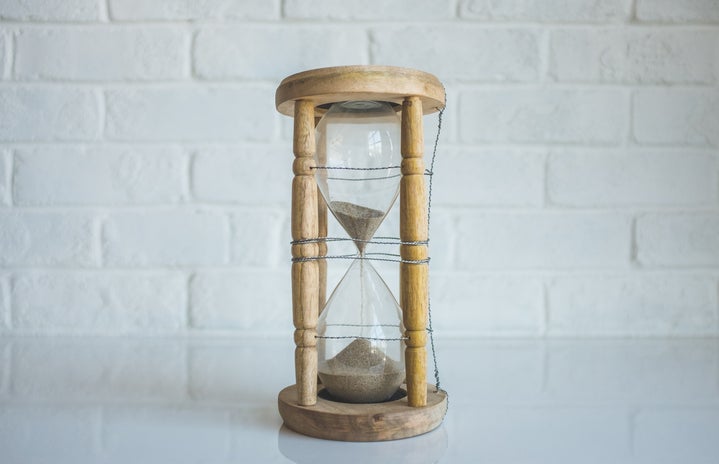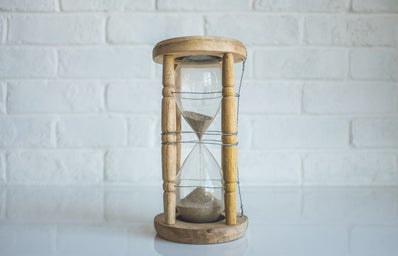Urinary Tract Infections (UTI) can cause frustration and discomfort. As someone who is prone to UTIs, I understand the pain, both physically and emotionally. If you keep feeling like you have to pee but can’t go because of pain or burning while peeing, and/or mild pain or heaviness in your stomach or back, chances are you have a UTI. Don’t panic: many UTIs are minor and can be cured by following these five tips for both preventing and getting rid of a UTI.
1. Pee After Sex
One of the most common ways to contract a UTI is by engaging in unprotected penetrative sexual intercourse. Medical website Everyday Health indicates that, during sex, the urethra—the tube through which urine exits the body from the bladder—comes into contact with the bacteria from the genital area and anus of your partner. This allows the bacteria to enter the urethra, which can cause infection in the urinary tract. Peeing after sex flushes out many of the bacteria from your urethra that you might have picked up during sex, thus highly reducing your chances of contracting a UTI. This would be considered a preventative tip rather than a curing tip because, typically, it is not recommended to have sex while dealing with a UTI, as it can cause pain and discomfort and sometimes worsen the infection.
2. Take Cranberry Supplements or Drink Cranberry Juice
Though this topic is debated heavily in the medical community, a study by Youngstown State University was the first to show that there is an active ingredient in cranberries that can prevent bacteria from remaining in the bladder. It is recommended that, when considering whether to take supplements or drink cranberry juice, opt for the 300 to 400 mg supplements, as they are typically much more concentrated than most cranberry juices. However, there are some brands of cranberry juice such as Knudsen Just Cranberry Juice, that have are pure cranberry juice concentrate, so 8 to 16 ounces a day could potentially be effective.
3. Drink Lots of Water
The easiest and most accessible way to help treat a UTI is to drink tons of water. As someone who suffers from regular UTIs, I have found that drinking tons of water throughout the day is super beneficial, as it keeps you hydrated and makes you urinate often. While this may seem inconvenient or even annoying, the more you pee, the more you flush the infection out of your system. When I start to feel a UTI coming on, the first thing I do is drink two litres of water. If you feel like you’ve drank enough water, drink more.
4. Go When You Gotta Go
Speaking of urination, this next one might seem obvious: if you gotta go, go!
One of the frustrating and painful parts of a UTI is that you constantly feel the urge to urinate, but often when you sit down to do it, nothing comes out. This can be dangerous, as it can get you into the habit of ignoring that feeling because you assume nothing will happen, which might lead you to actually holding in your pee. Refraining from urinating and leaving the urine—along with all the bacteria—in your bladder can actually make your UTI worse and potentially lead to something serious like a kidney infection. So, if you’re drinking all that water that I told you to drink, you’ll definitely be peeing in at least small increments, so it’s important that you listen to your body and try to pee whenever you can. Make it your priority to get to a bathroom immediately, and don’t stay in bed because you’re too tired or lazy to get up and go. Trust me, I know the temptation.
5. Take Antibiotics
Sometimes, especially if you’re prone to them and get them often like me, UTIs can feel and even be fairly minor, in which case they can usually be rid of by following the steps above. However, some UTIs are more severe, and can only be cleared up with antibiotics. If a serious UTI is left untreated, it can lead to something much more serious like a kidney infection, which can be extremely painful and can, if also left untreated, lead to kidney failure.If you’ve been having symptoms of a UTI for more than a few days or the symptoms have gotten worse go see a doctor and get a prescription for antibiotics. It’s important to take your antibiotics the whole way through because, otherwise, you’ll help build the bacteria’s defences against the antibiotics, rendering them useless.



